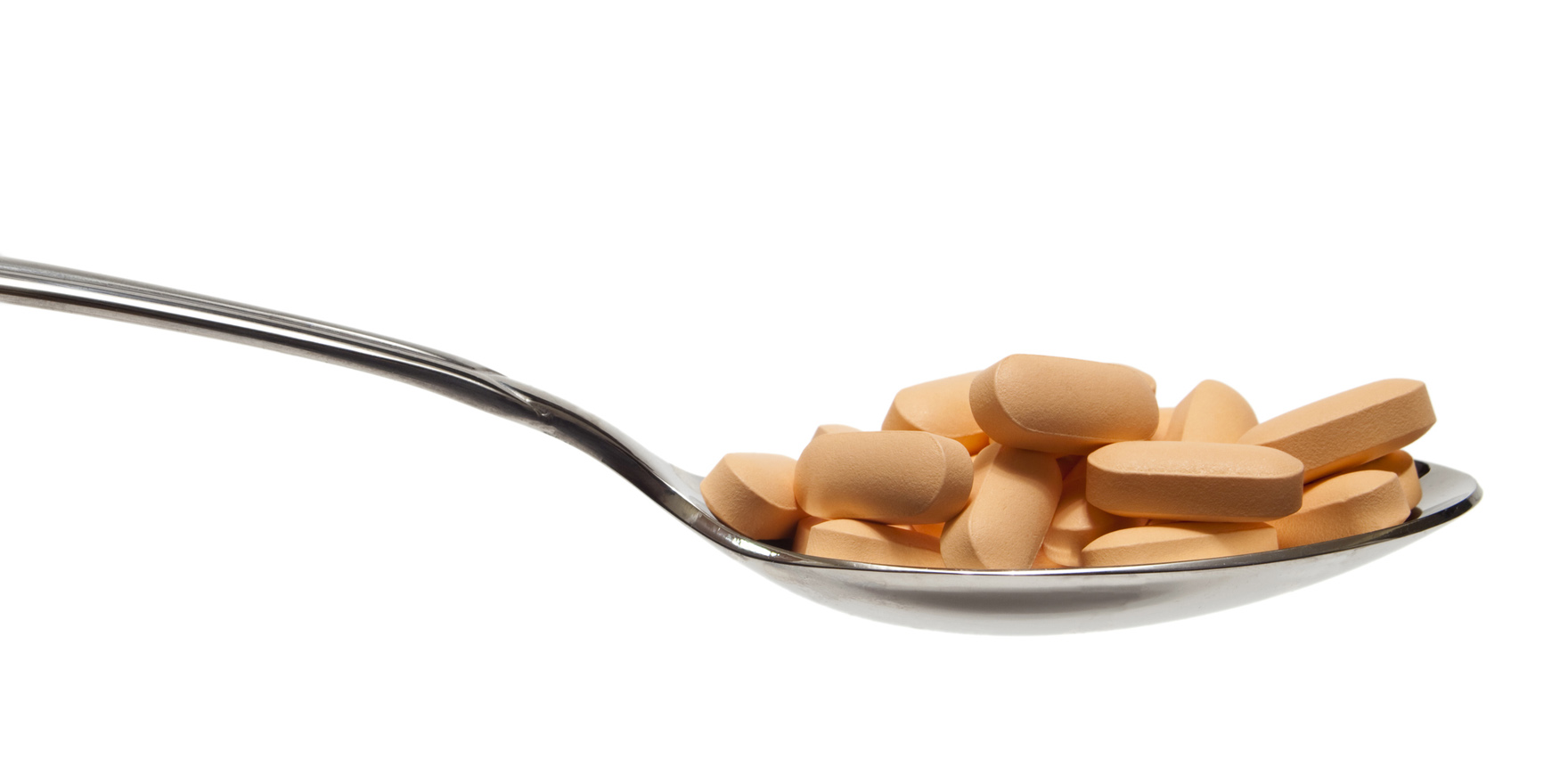Evidence of a protective link between statins and breast cancer is growing, but it’s too soon to change clinical practice
Statins may be protective against breast cancer, authors of a UK study presented at the recent European Society of Cardiology conference in Barcelona suggest.
In their retrospective observational study comparing around 3,200 women aged over-40, the authors found there was a 45% lower incidence of breast cancer in the group with hyperlipidaemia most of whom were likely to be on statins compared with those with normal cholesterol levels.
Among women who did develop breast cancer, women with high cholesterol also had a 40% lower risk of dying of any cause over the study period. This association held true even after accounting for age, sex, ethnicity and the 10 most-common causes of death in the country, they said.
The authors said that taking this finding, in conjunction with previous laboratory and animal studies, gave a “strong indication” that statins were to thank for the benefit.
“If a diagnosis of high cholesterol leads to lower breast-cancer rates this must either relate to something inherent in the condition of affected patients, or more likely, to treatment with widely used cholesterol lowering interventions such as statins,” Dr Rahul Potluri, senior author clinical lecturer at Aston Medical School in the UK, said.
However, the authors were careful not to recommend doctors or patients change clinical practice before more thorough randomised controlled trials were done. Dr Potluri and his colleagues used their database of more than one million hospital admissions in England over a 14-year period between 2000 and 2014.
They compared female patients who were noted to have hyperlipidaemia with a gender and aged-matched control group who had normal cholesterol levels, and analysed their subsequent breast-cancer incidence and mortality rates.
Only 0.5% of the women with high cholesterol developed breast cancer over the study period, compared with 0.8% in the group with normal cholesterol. But of those who did develop breast cancer, 27.4% died in the high cholesterol group compared with 37.4% in the normal cholesterol group over the study period.
Australian experts said the new findings offered interesting research avenues, but it was too early to make any clinical decisions based on the emerging field of study.
Cancer Council CEO Professor Sanchia Aranda also said the latest research, suggesting statins might provide some protective effect in women who already had breast cancer, was interesting. “However, further trials would be required to determine the impact of statins as adjuvant therapy after a diagnosis of breast cancer,” she said.
There was some evidence that statins might be more effective in oestrogen receptor-negative and progesterone-receptor negative breast cancer, she added, saying researchers would need to “carefully consider whether the impact of statins should be trialled in all women with breast cancer – or only those with certain types of cancer”.
“It’s also important to consider that statins, while possibly decreasing the risk of breast-cancer death, may increase of other types of cancers or have other side effects.”
Associate Professor Elgene Lim, head of a breast cancer research team at the Garvan Institute, Sydney, echoed the sentiment, saying while the findings suggested by this research were supported by other small preclinical studies that had pointed to statins having a protective effect against breast cancer, there were still questions about the causal mechanism.
“It is increasingly clear that the way cancer cells undergo metabolism is different to normal cells,” he said. “And that might potentially create a therapeutic window in which we can alter the cancer cells’ metabolism.”
What was interesting, Professor Lim said, was that commonly used drugs such as statins, metformin and aspirin might be able to do that.
“However, people with hyperlipidaemia are also likely to have other comorbidities, and might be on other drugs which may potentially effect this,” Professor Lim said. And there was always the small possibility that instead of the statins, it was the hyperlipidaemia that protected against breast cancer.
In addition, more research was needed to determine if statins affected a specific type of breast cancer or whether there was a class effect benefit or a specific type of statin that helped before it could be used clinically, Professor Lim said.


